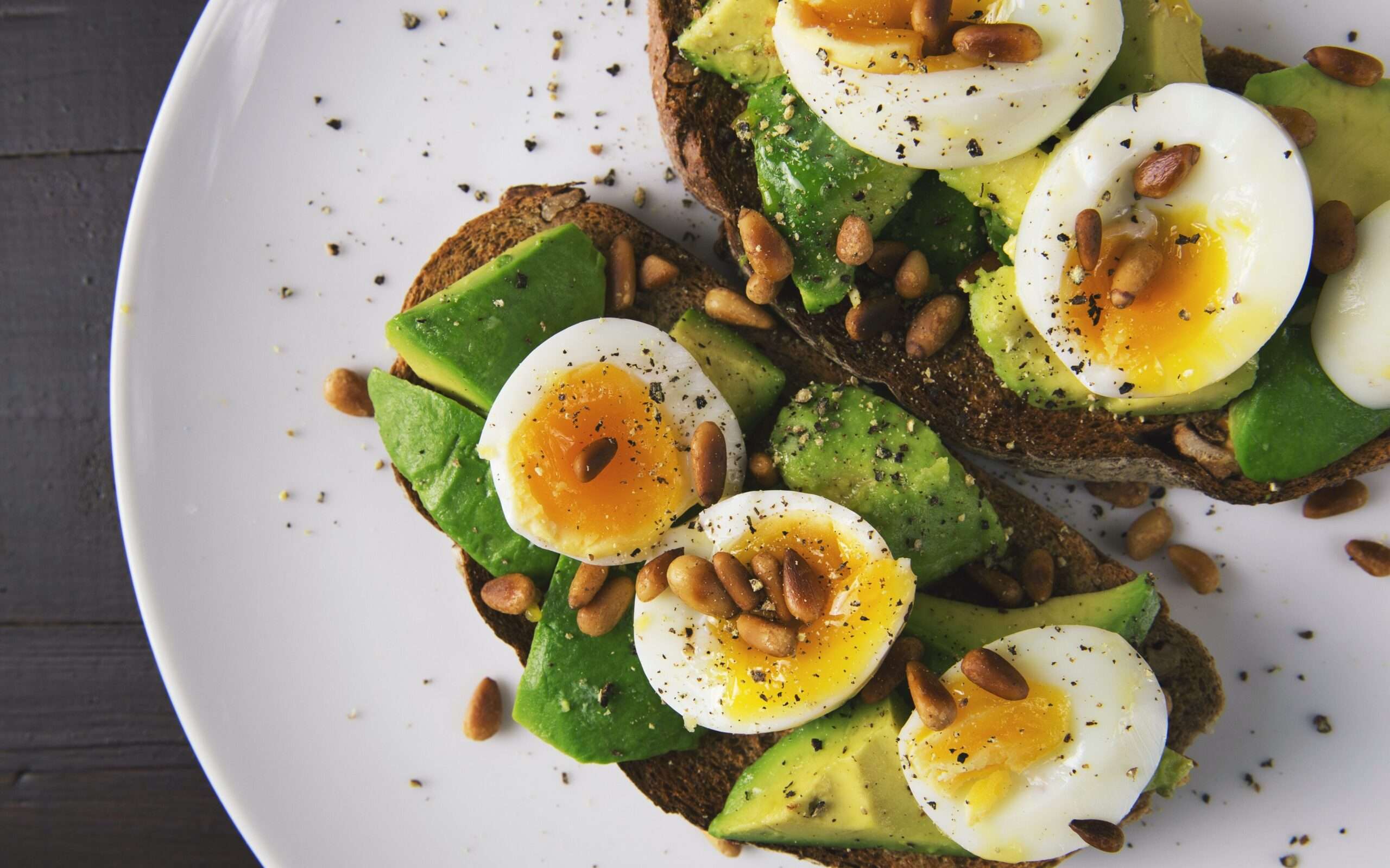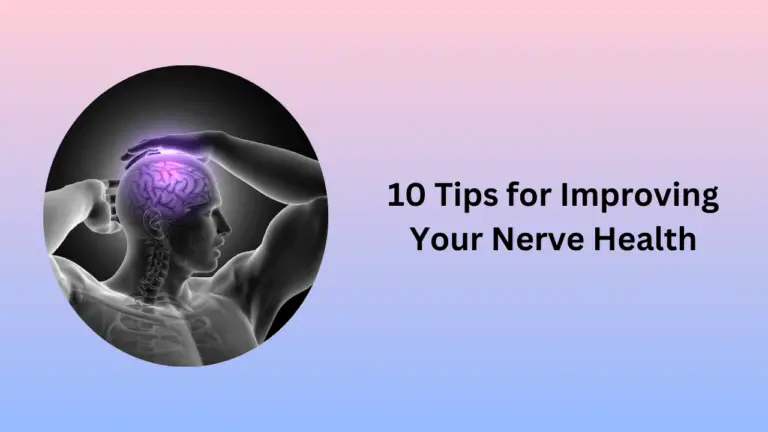Table of Contents
ToggleIntroduction
Starting a new diet plan can be overwhelming and confusing, but with a little preparation, you can set yourself up for success. Understanding the many sorts of diet programs and establishing a plan that works for you can make all the difference if you are seeking to lose a few pounds, improve your health, or simply try something new.
STEP 1: Preparing for a New Diet Plan

Before starting any new diet plan, it’s important to be mentally and physically prepared. This includes setting realistic goals, understanding the potential challenges, and seeking support from family and friends. It may also be helpful to consult with a healthcare provider or registered dietitian to ensure that the diet plan is safe and appropriate for your individual needs.
STEP 2: Types of Diet Plans

There are numerous types of diet regimens, each with its own set of advantages and disadvantages. Some of the most popular diets are:
1. Low-carb diets
Low-carb diets involve limiting carbohydrate consumption, usually to about 50 to 150 grams per day. The goal is that by doing so, the body burns stored fat for energy, leading to weight loss. These diets include the Atkins and South Beach diets.
Benefits
- Rapid weight loss
- Lowered insulin levels
- Reduced blood pressure
Disadvantages
- High-fat consumption may increase risks for heart disease
- Can cause a lack of energy and low mood
2. Paleo diets
The paleo diet is based on the idea of eating foods that our ancestors had access to before the agricultural revolution. This includes lean meats, vegetables, fruits, and healthy fats. It excludes processed foods, dairy, and grains.
Benefits
- Increased energy levels
- Improved sleep quality
- Lowered inflammation
Disadvantages
- Restriction of some food groups
- Potentially higher grocery bill due to high meat consumption
3. Ketogenic diets
Ketogenic diets aim to put the body in a state of ketosis, where it burns fat for energy instead of carbohydrates. This diet entails a high intake of healthy fats, moderate protein, and a very low intake of carbohydrates.
Benefits
- Rapid weight loss
- Reduction in brain fog
- Improved blood sugar levels
Disadvantages
- Commonly accompanied by the “keto flu,” which causes fatigue, lethargy, and headaches during the transition into the diet
- Lacks long-term research and evidence
4. Atkins diets
Atkins diets are similar to low-carb diets but with a focus on high-fat and high-protein intake. This diet can be split into four phases, with the ultimate goal being weight loss and maintenance.
Benefits
- Rapid weight loss
- Improved mental clarity
- Reduced blood sugar levels
Disadvantages
- Can cause constipation
- Inconsistent results for its principles have been subjected to fluctuating scientific evidence over time
5. Vegan diets
Vegan diets exclude all animal products and focus mostly on plant-based foods, grains, legumes, and healthy fats.
Benefits
- Lowered risk for chronic diseases
- Increased energy levels
- Environmental sustainability
Disadvantages
- Obtaining certain minerals, such as vitamin B12, can be difficult.
- Can lead to a reliance on highly processed foods
6. Mediterranean diets
The Mediterranean diet focuses on the consumption of plant-based foods such as vegetables, fruits, legumes, and whole grains, with moderate consumption of cheese, fish, and wine.
Benefits
- Improved heart health
- Lowered cancer risks
- Improved cognitive function
Disadvantages
- May require significant meal planning and preparation
7. Intermittent fasting diets
Intermittent fasting diets focus on periods where one fasts and then feasts during a limited period. This diet is based more on when one eats than on what one eats.
Benefits
- Improved metabolism
- Decreased inflammation
- Lowered risk of type 2 diabetes
Disadvantages
- Can cause feelings of irritability
- May require significant willpower and self-discipline
STEP 3: Designing and Starting a New Diet Plan

When designing a new diet plan, it’s important to consider your individual needs, preferences, and lifestyle. This may include determining the appropriate calorie intake, meal planning, and finding healthy alternatives for your favorite foods. It can also be helpful to start small and make gradual changes to your diet over time, rather than trying to make drastic changes all at once.
STEP 4: Monitoring and Adjusting the Diet Plan

Once you have started your new diet plan, it’s important to monitor your progress and make any necessary adjustments. This may include tracking your food intake, measuring your weight and body composition, and seeking feedback from a healthcare provider or registered dietitian. It’s also important to be flexible and make adjustments as needed based on factors like changes in exercise routine or unexpected events like travel.
STEP 5: Maintaining a New Diet Plan

Maintaining a new diet plan can be challenging, but it’s important to stay motivated and committed to your goals. This may include finding a support network, celebrating small successes, and staying mindful of your progress. It’s also important to remember that a healthy diet is not just about what you eat, but also about how you live your life. This may include getting enough sleep, managing stress, and staying physically active.
Conclusion
Starting a new diet plan can be a rewarding experience that can lead to better health and well-being. By taking the time to prepare, understand the different types of diet plans, and design a plan that works for you, you can set yourself up for long-term success. Remember to stay flexible, stay motivated, and celebrate your progress along the way.













Pingback: 10 Natural Ways to Get Clear Skin That Actually Work! - nutrifyyou